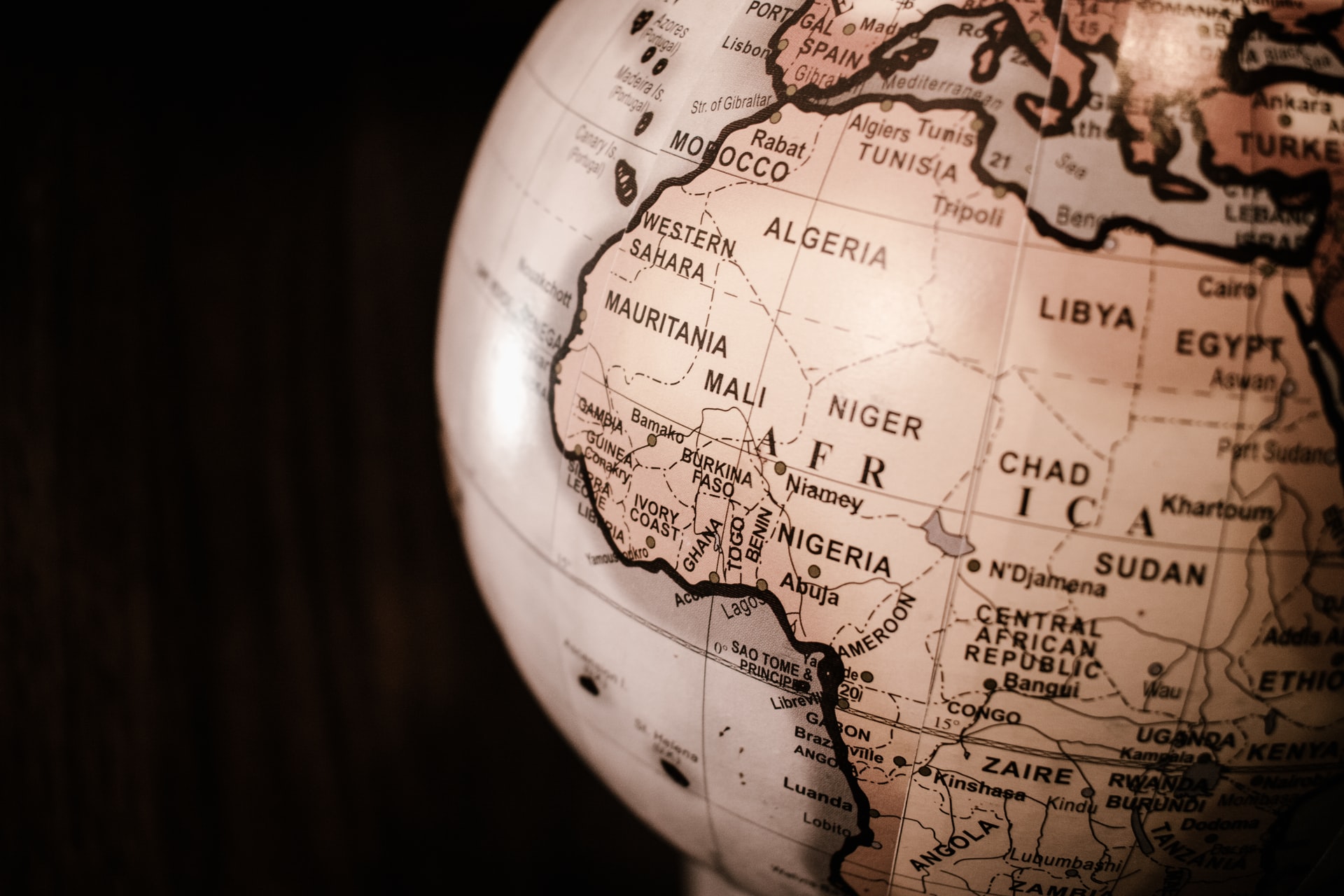How much will Africa count in the race for metals for the energy transition

Zimbabwe's lithium will be key to producing the batteries, but the country will have to overcome several problems. Here are which ones
Too often we talk about ecological transition – specifically energy transition – forgetting that this is only possible thanks to the extraction of certain metals present in certain continents. An example? If we look at one of the most important alkaline metals, namely lithium which is essential to power batteries, we will realize that this real white gold is present on the African continent and in particular in the Bikita mine in Zimbabwe.
According to analysts' forecasts, the demand for lithium by battery producers should even reach 83% between now and 2027. And it is precisely for this reason that Zimbabwe will play an increasingly important role in the context of the energy transition. Fully aware of this, Zimbabwean President Emmerson Mnangagwa has placed the mining industry within his economic blueprint as a key sector for both the country's economic recovery and industrialization. However, at present the country does not have the technology to efficiently exploit this enormous wealth.
Alongside the problems of technological innovation, other problems can be identified that make it very difficult for Zimbabwe to use this resource to renew its economy. One of these problems is related to the sanctions that the United States has put in place against the previous Robert Mugabe regime, and in particular against the most important state entity that controls and manages mineral exports, namely the Minerals Marketing Corporation. Another problem – widespread in Africa – is linked to the corruption of the political class of Zimbabwe as well as of the public administration.
But Africa is a very rich land as evidenced by the presence of enormous reserves of helium and methane which, if exploited efficiently, could satisfy South African needs for clean energy. In South Africa there is a key industry, namely Renergen, which exports to the United States, Europe and China. As regards helium specifically, it is true that Qatar currently owns the largest amount of it globally but is not pure like South Africa and this could represent a far-reaching competitive advantage.
In light of what has been said, it should come as no surprise to the importance that investors play in Africa and therefore it should come as no surprise that the Africa investment forum to be held in Abidjan, Ivory Coast, in hybrid format from December 1st to 3rd is a very important event. The presence of pension funds, sovereign funds and private equity companies, which will take into careful consideration certain sectors such as health care, energy resources, agri-food and the telecommunications sector, has been discounted as expected. Given the importance of the investments that will be made, the founding partners of Africa investment include the Africa Finance Corporation; the African Export-Import Bank; the Development Bank of Southern Africa; the Trade and Development Bank; the European Investment Bank and the Islamic Development Bank.
Among the projects that will be presented there is the one related to the construction of a plant for the production of vaccines certified by the World Health Organization, which will have a value of 45 million dollars and which will be built in East Africa. This plant will produce three different types of vaccines, one of which is certainly related to the contrast of Covid-19. Another project will be that relating to the agri-food sector which will consist of an investment for a value of 50 million dollars in a dairy production and packaging company.
This is a machine translation from Italian language of a post published on Start Magazine at the URL https://www.startmag.it/energia/africa-metalli-transizione-energetica-litio/ on Sat, 27 Nov 2021 17:51:53 +0000.
